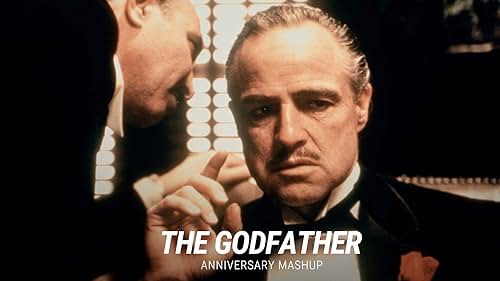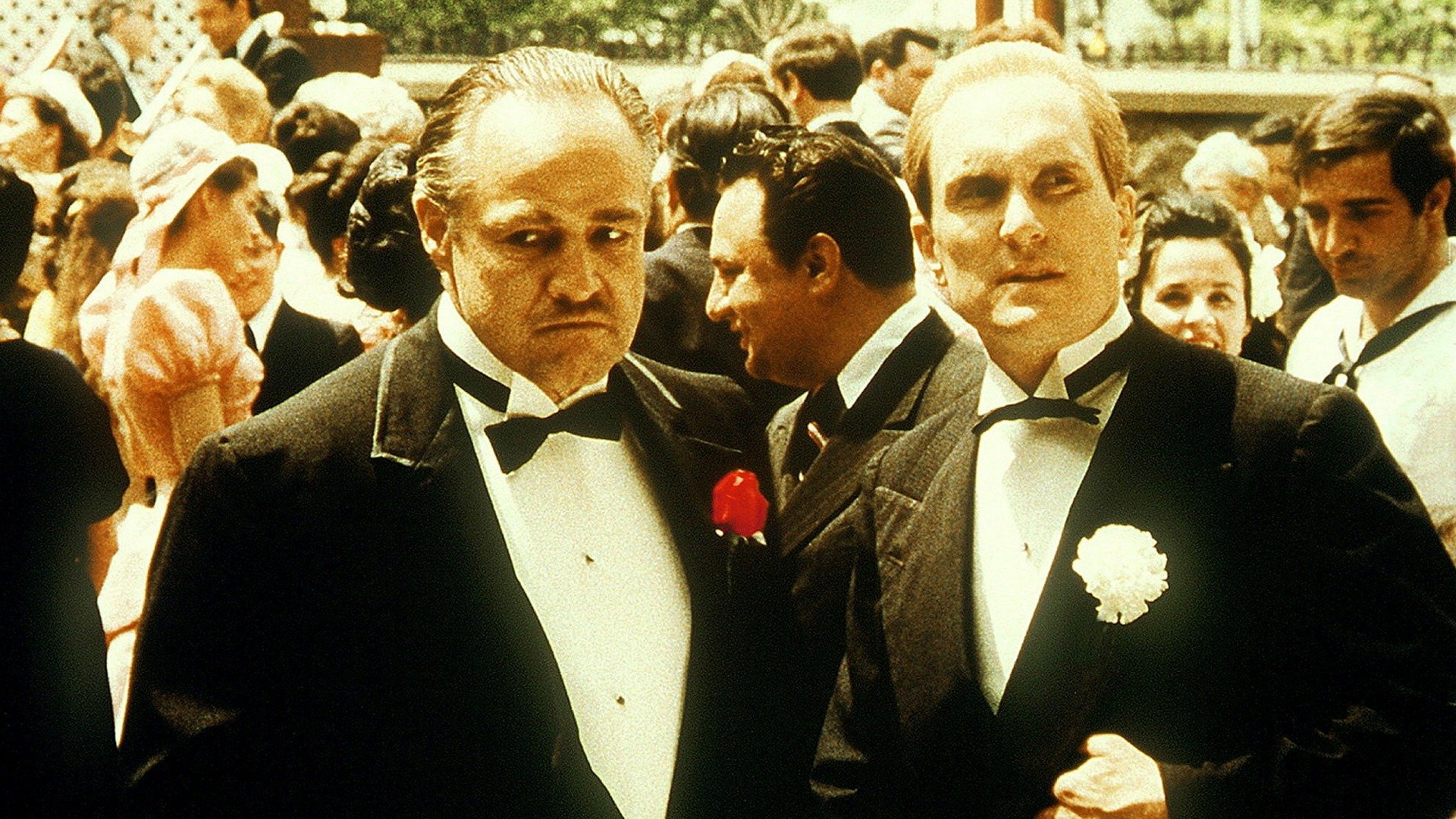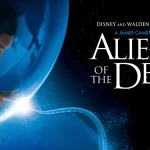”The godfather 1972”

Suggested videos:
Suggested videos:
Suggested videos:
Suggested videos:
The Godfather (1972), directed by Francis Ford Coppola and based on Mario Puzo’s novel of the same name, is widely regarded as one of the greatest films in cinematic history. The film is a compelling exploration of the Italian-American mafia and the dynamics of power, family, and loyalty.
Plot Overview:
The story follows the powerful and influential Corleone family, led by patriarch Vito Corleone (Marlon Brando), the head of a mafia organization in New York City. The narrative spans the years following World War II, focusing on the family’s dealings with crime, business, and politics.
When Vito refuses to enter into a narcotics business deal with a drug lord, tensions escalate within the mafia community. After an assassination attempt leaves him severely injured, his youngest son, Michael (Al Pacino), who initially sought to distance himself from the family business, is drawn into the violent world of organized crime.
As Michael rises to power, he struggles with the moral implications of his actions and the responsibilities of leadership. The film explores themes of loyalty, betrayal, and the complexities of family relationships within the context of the mafia lifestyle.
Key Strengths:
- Masterful Direction and Screenplay:
- Francis Ford Coppola’s direction, combined with Mario Puzo’s screenplay, creates a rich and immersive narrative that balances intricate character development with thrilling plot progression. The pacing and structure contribute to its legendary status.
- Iconic Performances:
- Marlon Brando delivers a legendary performance as Vito Corleone, bringing depth and nuance to the character. His portrayal earned him the Academy Award for Best Actor, which he famously declined.
- Al Pacino’s transformation from Michael, the reluctant outsider, to a ruthless mafia boss, is one of the film’s central arcs. His performance is both subtle and powerful, showcasing his internal conflict and evolution.
- Strong Supporting Cast:
- The film features an outstanding ensemble cast, including James Caan as Sonny, Diane Keaton as Kay Adams, Robert Duvall as Tom Hagen, and Richard S. Castellano as Clemenza. Each character contributes to the film’s complexity and emotional depth.
- Cinematography and Score:
- Gordon Willis’s cinematography captures the dark and moody atmosphere of the story, with carefully composed shots that enhance the film’s tension and drama.
- Nino Rota’s iconic score adds to the film’s emotional weight and has become synonymous with the Godfather legacy.
- Cultural Impact:
- The Godfather has had a lasting influence on film and popular culture, shaping the gangster genre and leaving a profound mark on storytelling in cinema. Its memorable lines, characters, and scenes are often referenced and parodied in various media.

- The Godfather has had a lasting influence on film and popular culture, shaping the gangster genre and leaving a profound mark on storytelling in cinema. Its memorable lines, characters, and scenes are often referenced and parodied in various media.
Weaknesses:
- Pacing and Length:
- At nearly three hours long, some viewers may find the film’s pacing slow, particularly in the first half. The extensive character development, while crucial to the story, might feel drawn out to some audiences.
- Violence and Morality:
- The film’s depiction of violence and moral ambiguity can be unsettling. While these elements are integral to the narrative, some viewers may find them difficult to engage with or accept.
- Complex Family Dynamics:
- The intricate relationships and conflicts among characters can be overwhelming for viewers unfamiliar with the narrative. The multiple storylines and character arcs require careful attention to fully appreciate their significance.

- The intricate relationships and conflicts among characters can be overwhelming for viewers unfamiliar with the narrative. The multiple storylines and character arcs require careful attention to fully appreciate their significance.
Legacy:
The Godfather received numerous accolades, including three Academy Awards for Best Picture, Best Actor (Marlon Brando), and Best Adapted Screenplay. It is frequently cited as one of the greatest films of all time, receiving a spot in the American Film Institute’s list of the top films in American cinema. Its legacy has continued with sequels (The Godfather Part II and The Godfather Part III) and has inspired countless films and television series in the crime genre.
Conclusion:
The Godfather is a cinematic masterpiece that delves into the complexities of family, power, and morality within the world of organized crime. With its exceptional performances, powerful storytelling, and iconic direction, it remains a timeless classic that resonates with audiences across generations. Its exploration of the American Dream, seen through the lens of the mafia, continues to spark discussions about loyalty, ambition, and the consequences of choice, solidifying its place in film history.











